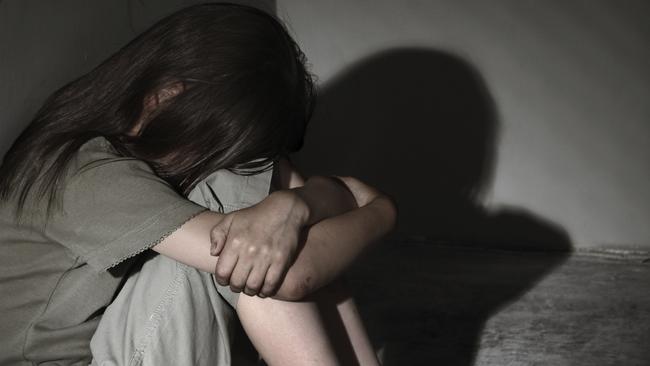Lauren Novak: Parents must care better for their children so Families SA can focus on serious cases of abuse and neglect
THERE there are many problems with our child protection system, but at the heart of the matter is one key problem: there are too many cases of suspected abuse or neglect being reported by too many people.

Opinion
Don't miss out on the headlines from Opinion. Followed categories will be added to My News.
THERE is a problem with our child protection system.
Well, there are many problems — but at the heart of the matter is one key problem.
There are too many cases of suspected abuse or neglect being reported by too many people.
It’s swamping the Families SA abuse hotline and tens of thousands of reports are going unchecked each year.
I’m not discouraging reporting of suspected abuse, but solutions to easing this burden on the system are needed well before the point where someone is concerned enough to contact authorities.
This week we learned that Families SA is moving to put more parents on income management, to ensure they put the needs of their children first.
But it also emerged that MPs failed to enact a range of other recommendations put to Government to improve child protection before Parliament finished for the year.
You might say the most effective thing authorities could do is to pump in more money and hire more staff.
More staff means more people to assess concerns raised by police, teachers, doctors, relatives or neighbours and respond to concerns more quickly.
But if we don’t stem the flow of notifications, no amount of money or people power is going to help.
There are two things the community can do.
First, at the source of the problem often are parents.
Yes, children can fall prey to predators who take jobs in education, childcare and similar fields to be close to vulnerable young people.
But in the main, concerns about abuse or neglect of children result from of the actions of caregivers.
The inquest into the death of four-year-old Chloe Valentine found that Families SA could have done more to keep her safe, but this was a child who died in the care of her mother, and her then partner, because they made her repeatedly ride a motorcycle until she crashed into a tree.
Or baby Ebony, whose parents waited a week to report that she had died at their western suburbs home.
Intergenerational disadvantage means too many parents don’t have a model of good parenting.
Authorities are realising that more attention, and funding, must be spent on prevention and particularly support for struggling parents before the situation turns dire.
But we’ll never root out every terrible parent.
High-profile cases of abuse and neglect have created a heightened sense of awareness about child welfare in the community, which has created an almost paranoia in some and a resultant culture of over-reporting to authorities.
For example, half of calls to the Child Abuse Report Line are about unnecessary or minor concerns such as children not wearing hats to school.
Here, we see the second area where we can make changes to ease the burden on the system.
Families SA plans to run a public education campaign about what constitutes abuse and neglect, what should be reported and what could perhaps be directed elsewhere.
It will look something like the child protection version of the advertisements telling people with a sniffle not to bother the hospital emergency department.
We don’t always need to call in the enforcement authorities first.
If we are worried about a child, could we talk to someone at their school? Could we contact a welfare service? Could we suggest a counsellor? Could we simply offer a helping hand to the family ourselves?
More of us could consider becoming foster parents, although that’s as far as we can go under current laws which restrict adoption of children in state care.
Yes, the Government must take responsibility for removing children from unsafe parents and finding a safe home for them elsewhere.
And yes, it could use some more cash and staff to do that.
But the element of personal responsibility seems to have been a bit lost in this debate.
We shouldn’t need to be reminded to be kind to our children and put their needs first. We shouldn’t think we can pass our concerns on to overstretched social workers and wash our hands of any further responsibility.
Ensuring children are well educated, fed and loved will develop a happier and healthier cohort of more capable parents in the long term.
But South Australia faces some serious immediate challenges (persistently high unemployment, rising cost of living) which have the potential to exacerbate social ills which lead to spikes in child abuse or neglect.
As individuals, we have little control over those bigger issues but we must step up where we can.
If parents stop being horrible to their children, and outsiders take the time to consider what they can do, it would significantly ease the burden on authorities so they can focus on the most serious cases where children need urgent intervention.
page 52: off the record’s honours
and dishonours



